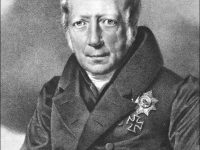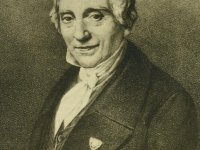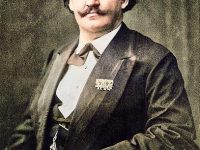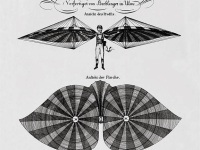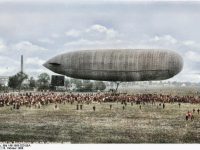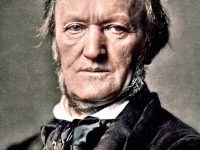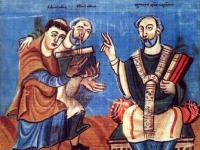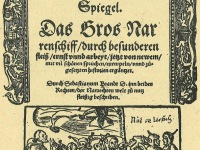Peter Lorre – A Stranger in Paradise
On June 26, 1904, Hungarian-born American character actor of Jewish descent Peter Lorre was born. He went down in film history in 1931 with his portrayal of the uncanny child murderer in Fritz Lang‘s classic M.[1] After his emigration he worked as a successful character actor of often shady characters in Hollywood, among others in The Maltese Falcon, Casablanca, and Arsenic and Old Lace. “You know I can get away with murder.…
Read more


